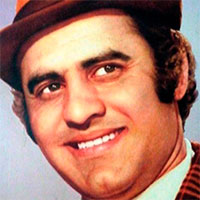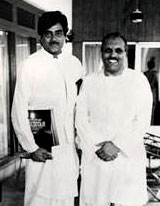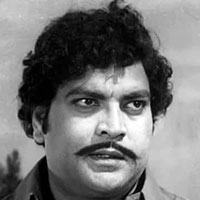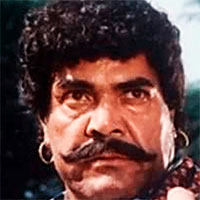The Pakistani film industry has always complained of lack of government patronage. But while other reforms took place during the Bhutto regime, attention was paid to the film industry for the first time.
On July 28, 1974, the government of Zulfiqar Ali Bhutto announced the establishment of a government organization "National Film Development Corporation" (NAFDEC) whose main objectives were the establishment of a National Film Academy, the promotion of quality films, the exhibition of Pakistani films abroad and export, import of quality foreign films, provision of modern equipment to movie theaters, import, storage and delivery of raw film, establishment of quality cinemas and revival of film studios in Karachi, besides protection of basic rights of film workers were included. .
NAFDEC, in its early days, was very active in achieving their goals. Two modern cinemas were built in Islamabad at government expense, and some films were also invested. Beyond The Last Mountain (1976) became the first English film of international standard . Historical films such as Khak-o-Khoon (1979) were also made , based on the story of the establishment of Pakistan . But the failure of these films showed how much of a contradiction there is in the so-called national and public thinking in Pakistan.
Interestingly, the filmmakers and cinema owners themselves did not cooperate with NAFDEC. The government wanted world class films but the thinking and reach of filmmakers was very limited while cinema owners wanted to import the same foreign films that people wanted to watch. The bureaucracy also showed its traditional incompetence.
With the departure of the Bhutto government, where other institutions were destroyed, even NAFDEC could not survive and after a continuous decline, it was completely closed during the reign of General Musharraf.






























































































































































































































































































